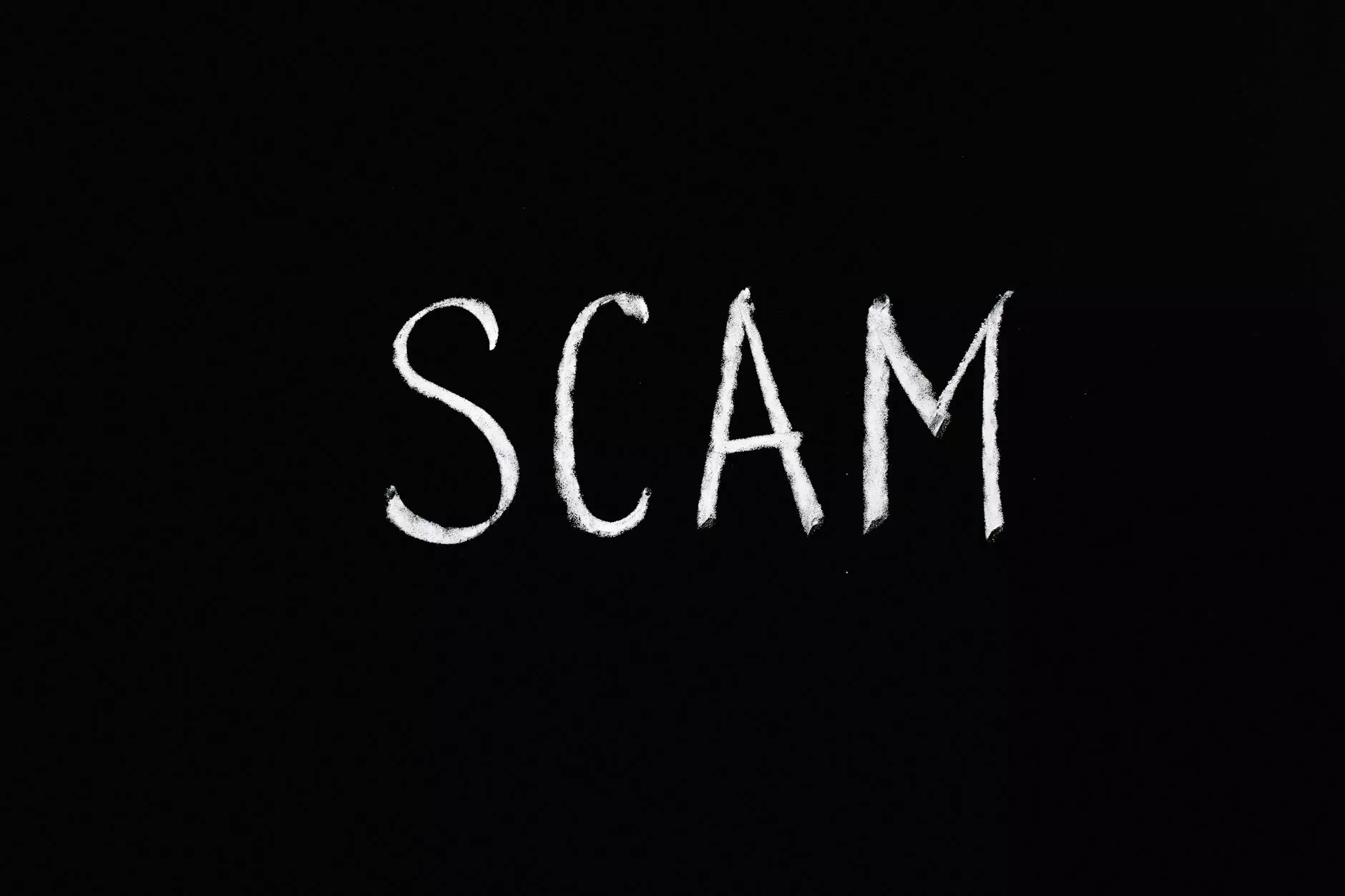Understanding Fake Passports and Legal Documents

Fake passports legal is a phrase that elicits a wide range of emotions and reactions. In this comprehensive article, we will delve into the intricacies surrounding fake passports, their legal implications, and the demand for counterfeit documents in various facets of business and travel. We aim to provide a well-rounded view that addresses common misconceptions, engages with the complexities of legality, and presents valuable insights for individuals and professionals alike.
What Are Fake Passports?
A fake passport is a counterfeit document designed to resemble a genuine passport, issued by a government authority. Fake passports are typically used for illicit purposes, such as illegal immigration, fraud, and other criminal activities. However, the conversation around fake documents is more nuanced. In some cases, individuals may seek these documents due to pressing circumstances or a dire need for identity verification.
The Legal Landscape of Fake Documents
The legality of possessing or using a fake passport varies significantly by jurisdiction. Here, we will explore the legal frameworks that govern the use of fake documents and the consequences of their misuse.
Understanding Legal Implications
In most countries, the creation, distribution, and use of fake passports are illegal. Such actions can lead to severe penalties, including imprisonment and heavy fines. It's essential to understand the implications of engaging with counterfeit documentation:
- Criminal Charges: Individuals caught with a fake passport or involved in its creation can face criminal charges that may include fraud and identity theft.
- Travel Restrictions: Having a fake passport can lead to bans from travelling, detention by authorities, and permanent records that affect future travel possibilities.
- Legal Accountability: In business contexts, the use of fake documents can lead to legal repercussions for companies, including loss of licenses and damages due to fraud.
The Demand for Fake Documents
Despite the legal risks, the demand for fake documents persists. This demand can stem from various avenues:
- Migration Issues: Many individuals facing political persecution or economic hardships may resort to using fake passports as a means to escape their situations.
- Fraudulent Activities: Criminal enterprises often seek fake documents for identity fraud, financial scams, and to facilitate illegal activities across borders.
- Desperation and Necessity: There are also cases where people, driven by necessity, seek fake documents due to a lack of access to legitimate means of obtaining identification.
Fake Passports and Business Ethics
In the realm of business, the ethics surrounding fake documents raise significant questions. Companies involved in the manufacture or distribution of counterfeit passports often engage in practices that exploit vulnerable populations. This exploitation can lead to the normalization of fraud and a systemic undermining of legal and ethical standards.
At its core, engaging in activities revolving around fake documents poses a threat not only to individuals but also to the integrity of business practices. Businesses that prioritize integrity and ethical operations must distance themselves from counterfeit documents. Instead of resorting to unscrupulous methods, companies should focus on legitimate means of assisting individuals in need of identification.
Identifying Authentic Documents
As individuals and businesses navigate the landscape of documentation, it’s crucial to understand how to identify what constitutes an authentic document versus a counterfeit one. Here are key features to look for:
- Security Features: Authentic passports is equipped with complex security features, including holograms, watermarks, and UV printing that are difficult to replicate.
- Verification Codes: Genuine documents typically include verification codes that can be cross-referenced with government databases.
- Quality of Material: Authentic passports are made from high-quality materials, often with a texture and weight that counterfeit documents struggle to simulate.
Alternatives to Fake Passports
For those who may be considering the use of fake passports, it's important to explore legitimate alternatives:
- Government Assistance Programs: Many governments offer support for individuals requiring help with identification issues. It’s advisable to seek out these resources.
- Legal Aid Services: Consulting with legal professionals can provide insights on resolving identity crises without resorting to illegal methods.
- Non-Profit Organizations: There are numerous NGOs that assist individuals in obtaining proper identification, especially for vulnerable groups.
Conclusion
The conversation surrounding fake passports legal and documents is complex and multifaceted. While the allure of quick solutions may tempt some individuals, the risks and consequences far outweigh the perceived benefits. Understanding the legal landscape, exploring ethical avenues, and prioritizing authenticity is crucial in today’s interconnected world.
As we navigate the future of business and identity verification, it’s imperative to advocate for integrity, transparency, and a commitment to lawful practices. Emphasizing the significance of genuine documents safeguards businesses, individuals, and society as a whole.
By fostering a culture of authenticity and lawful behavior, we can work towards eradicating the market for fake passports and contributing to a safer, more secure future.
fake passport legal


